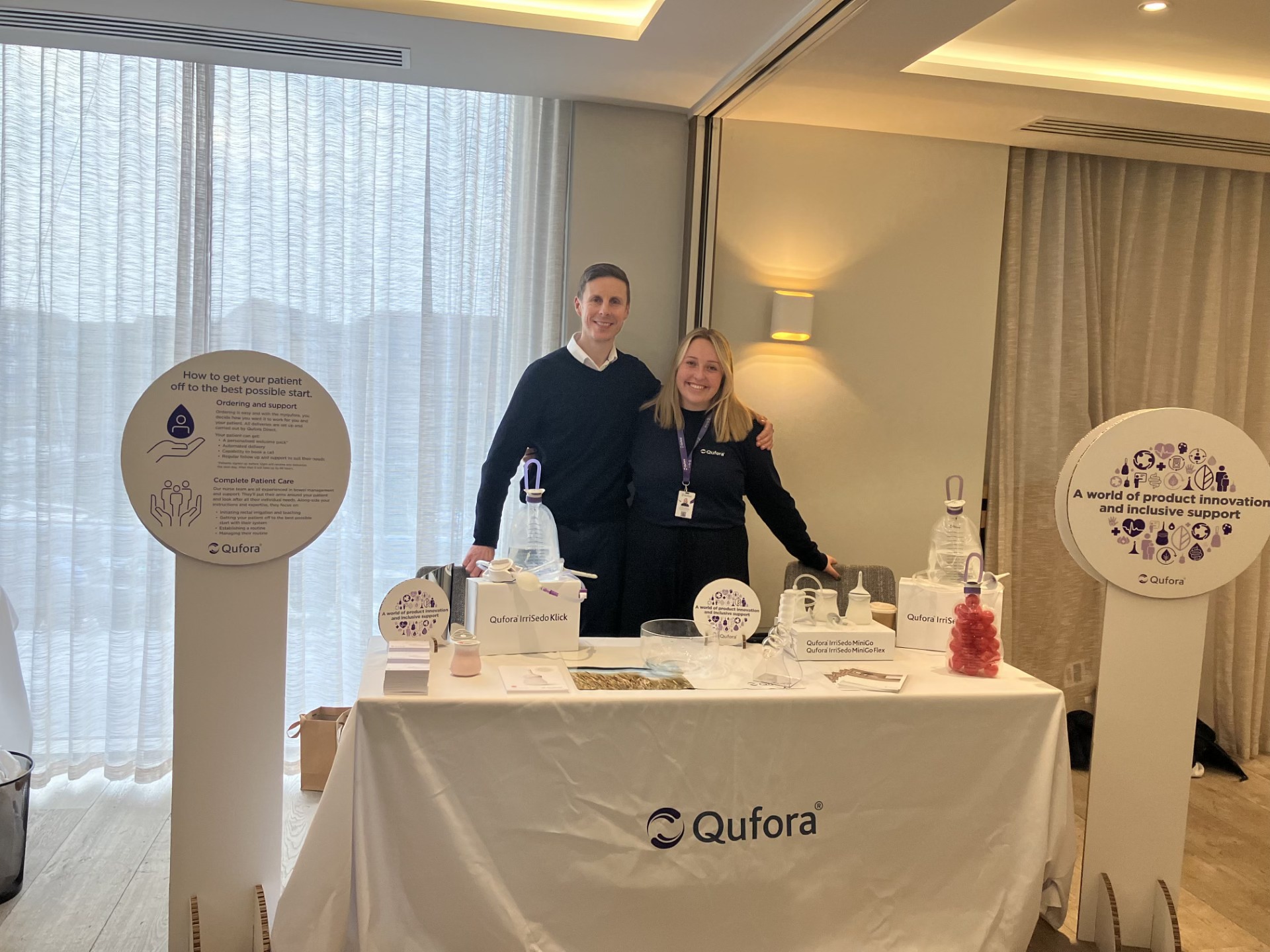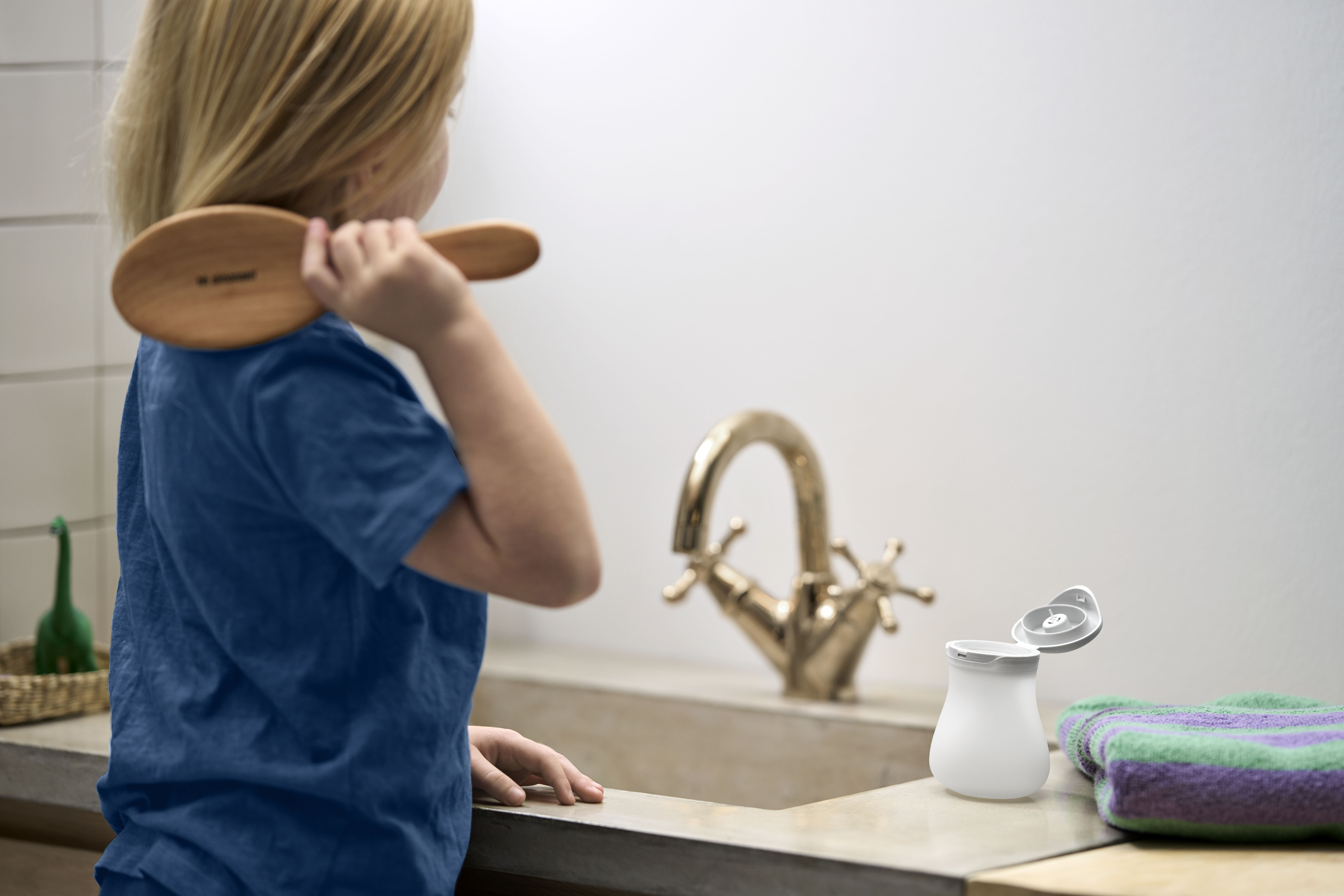By Brigitte Collins, Global Clinical Education Manager
The International Continence Society hosted its annual ICS Meeting 2022 in Vienna.
The event was filled with workshops and presentations focusing on various continence issues. Including a ‘Hands on’ workshop on Transanal irrigation (TAI) in the management of anorectal dysfunction’. There was also a range of poster presentations at the meeting too, which Brigitte reviewed for us.
Understanding the public’s view around faecal incontinence and current treatments and the promise offered by new regenerative therapies
Booth L, Ahmed N, Dehbi H, Desprez C, Embleton-Thirsk A, Day R, Knowles C, Coates H
One of the aims of this study was to establish if cultural views on faecal incontinence differed between European countries, through carrying out surveys across Europe, led by European national charity collaborators (including Bowel Research UK, World Federation of Incontinence and Pelvic Problems and Associació per la Incontinència Anal (ASIA).
It was positive to see that in the results, the public feel an awareness needs to be raised on the subject and regard faecal incontinence as being a major public health problem. The data also suggested that all age groups fear experiencing incontinence (some saying that it is worse than frequent moderate pain, worse than not getting out of bed and even worse than needing a feeding tube and care all the time).
From these public views, it looks like Queen Mary University of London are going to be putting faecal incontinence on the road map for major awareness – so well done to them!
Analysis of a specialist pelvic floor service within a district general hospital
I Blake and C Nockolds, Mid Cheshire Hospitals NHS Foundation Trust – Abstract ID 24247
The team at Mid Cheshire Hospitals NHS Foundation Trust aimed to look at the case mix and management of patients presenting to a colorectal pelvic floor service in a local district hospital.
Overall, 342 records were analysed with a range of symptoms investigated, including obstructive defecation, passive faecal incontinence, urge faecal incontinence, constipation, rectal prolapse, rectocele and mucosal prolapse.
“A small number (4.5%) of patients were referred to a tertiary MDT but the majority were managed local. A significant number (32.6%) underwent nurse led management. Interventions included physiotherapy (36.6%), irrigation (27.9%), laxatives (12.9%), percutaneous tibial nerve stimulation (1.6%) and sacral nerve stimulation (0.5%).”
The team concluded that with the right skill mix, ready access to investigations and supportive tertiary services the majority of patients presenting to a colorectal pelvic floor clinic can be managed in a district general hospital setting.
Another fantastic poster presentation – well done to all involved.







